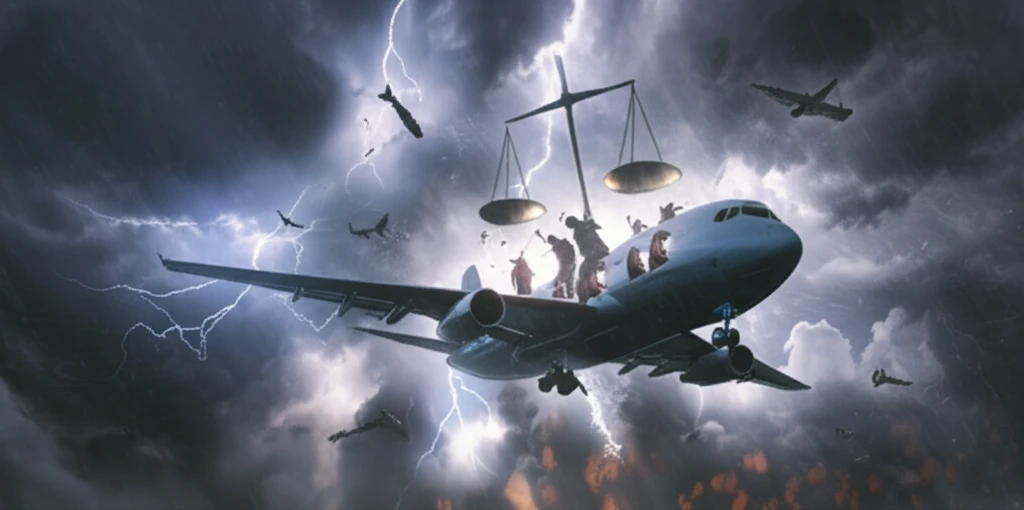
Travel Disasters: How the Warsaw Convention Impacts Your Rights
"Understanding air passenger rights under international law can make all the difference when travel plans go wrong."
Air travel, while often efficient, can be fraught with potential pitfalls. From unexpected flight cancellations to injuries sustained during travel, passengers may face various disruptions that impact their rights. International regulations, such as the Warsaw Convention, aim to protect passengers when these unfortunate events occur.
The Warsaw Convention is a treaty that standardizes the liabilities of international air carriers in case of passenger injury, death, or loss/damage of baggage. Understanding its provisions is crucial for anyone traveling internationally, as it defines the scope of compensation and legal recourse available.
This article dives into the intricacies of the Warsaw Convention, examining recent case laws and offering clear guidance on what passengers should know to safeguard their rights. Whether you're a frequent flyer or an occasional traveler, being informed about these regulations can empower you to navigate potential travel disasters effectively.
What is the Warsaw Convention and Why Does It Matter?

The Warsaw Convention, officially known as the “Convention for the Unification of Certain Rules Relating to International Carriage by Air,” was established in 1929. Its primary goal was to create uniform rules regarding the legal liabilities of airlines involved in international travel. Before this convention, differing national laws made it difficult to resolve disputes efficiently, often leading to lengthy and expensive legal battles.
- Personal Injury: If a passenger suffers an injury during a flight or while embarking/disembarking, the airline can be held liable.
- Death: In the unfortunate event of a passenger's death, the convention provides a framework for compensation to the deceased's family.
- Lost or Damaged Baggage: Airlines are responsible for losses or damages to passengers' luggage, with specific limits on liability.
Staying Informed and Protecting Your Rights
Navigating the complexities of international travel regulations can be daunting, but awareness is the first step in protecting your rights. Understanding the foundational principles of the Warsaw Convention, alongside more current agreements, empowers passengers to seek appropriate compensation and recourse when travel plans are disrupted. By staying informed and seeking legal advice when necessary, travelers can better manage the risks associated with air travel and ensure they are treated fairly when things go wrong.

